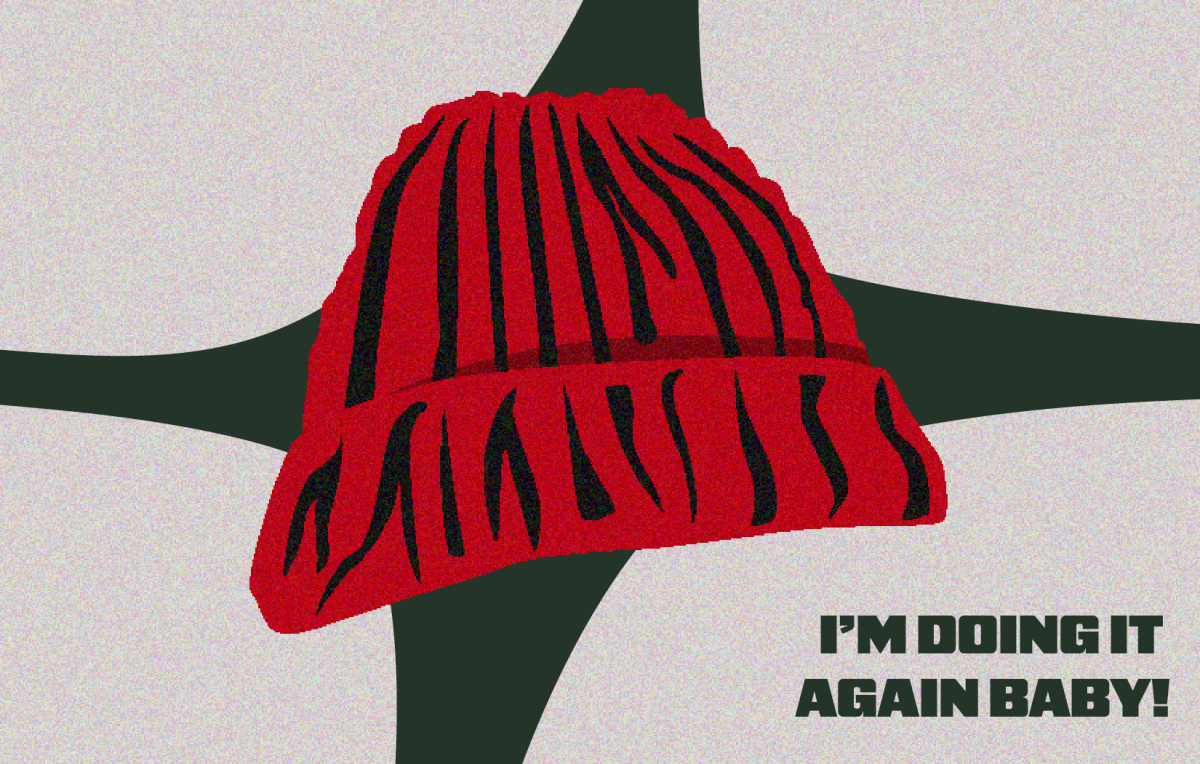A new U study has found that Utah adults diagnosed with autism are faring better than their peers when it comes to adjusting to society.
The study was done on 41 individuals who had participated in a previous U study in the 1980s that looked at the disorder in young children.
“I think this study can show that people who have been diagnosed with autism can have an improved quality of life,” said Megan Farley, a research associate in the department of psychiatry and the study’s lead author. “So often, parents and family members have to bear the expense of taking care of these people. Maybe these findings can help them better understand that their care is making a difference.”
Pete Nicholas, director of the Carmen B. Pingree Center for Children with Autism, agrees that this study provides hope for families that have autistic members.
“I think this gives parents hope that what they are going through now is worth it,” Nicholas said. “This outcome shows that they have something to hope for. It shows that things we do can make a difference down the road. It shows that actions taken at a very early age have a lasting impact on children.”
The researchers used criteria such as whether the study participants were able to maintain healthy social relationships, if they were able to hold a job and to what degree they were independent in their personal lives. Based on these criteria, half of the participants showed a “good” or “very good” social outcome.
Although Farley is not sure why the Utah participants are better as compared to other states, she believes it might have to do with early intervention in young children, as well as the strong social and family relationships that exist in the state.
“We work every day to help children learn how to do such things as sitting down and engaging in eye contact,” Nicholas said. “Although these steps seem small, we think they have a lasting impact on how children develop. It helps these children to make friends, and prepares them to participate in society.”
Although the research is encouraging for those with autism, it also shows how difficult dealing with the disorder can be. Almost half of the participants do not live independently, and 44 percent have never dated. These challenges are reflective of the autistic population as a whole, Farley said.
Researchers are hoping to use the data from the study to identify the issues that cause the social outcome to be so high in the state.
“We want to help those diagnosed with (Autism) to be able to gain functional skills,” Farley said. “We want to prepare the kids to get the jobs they want, and be able to function on a day-to-day basis. This study is the first step in helping us to understand that process.”











